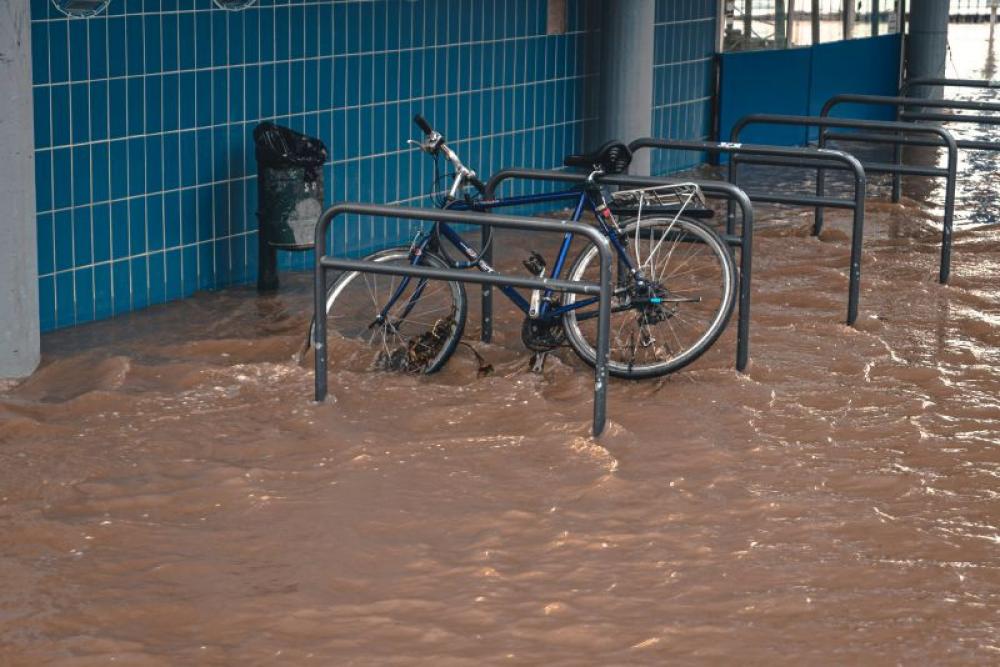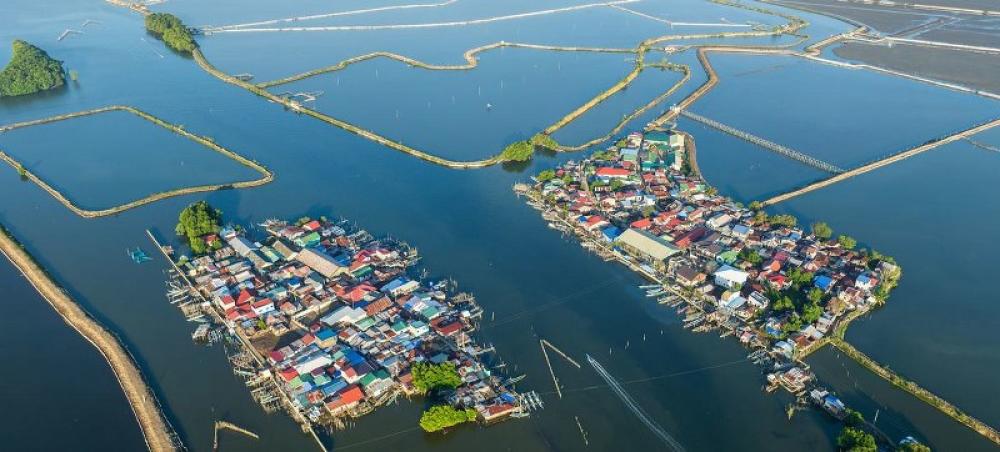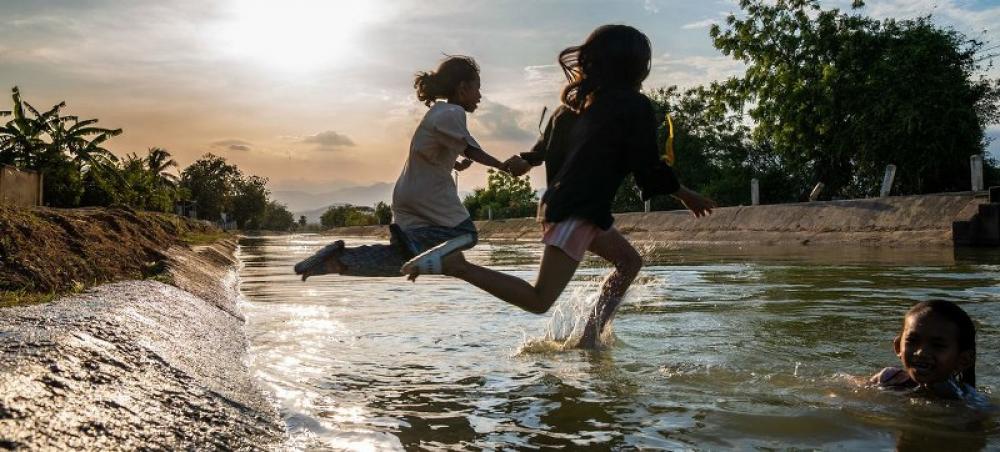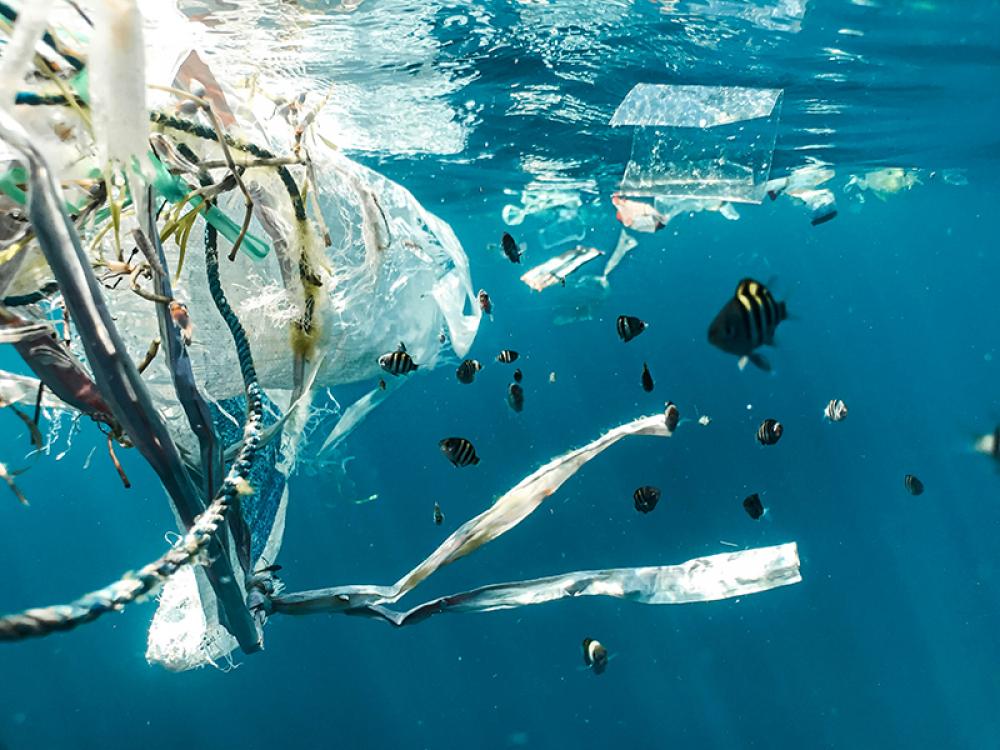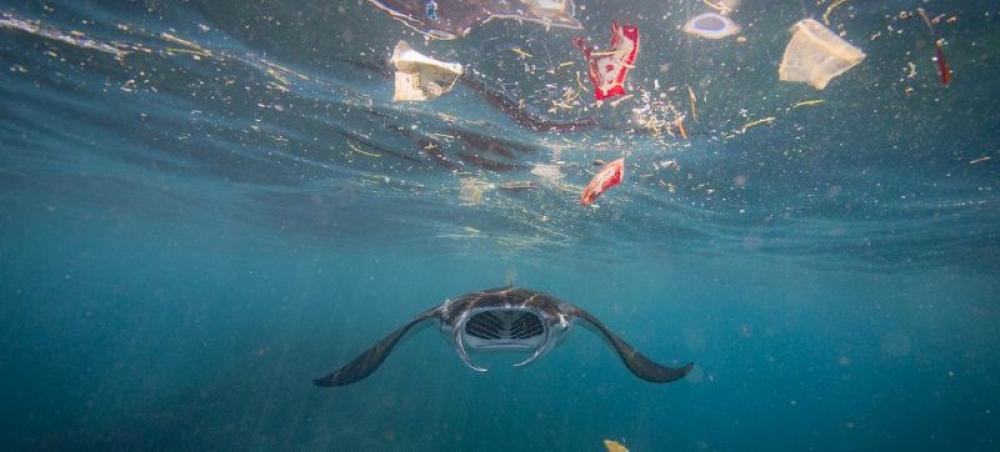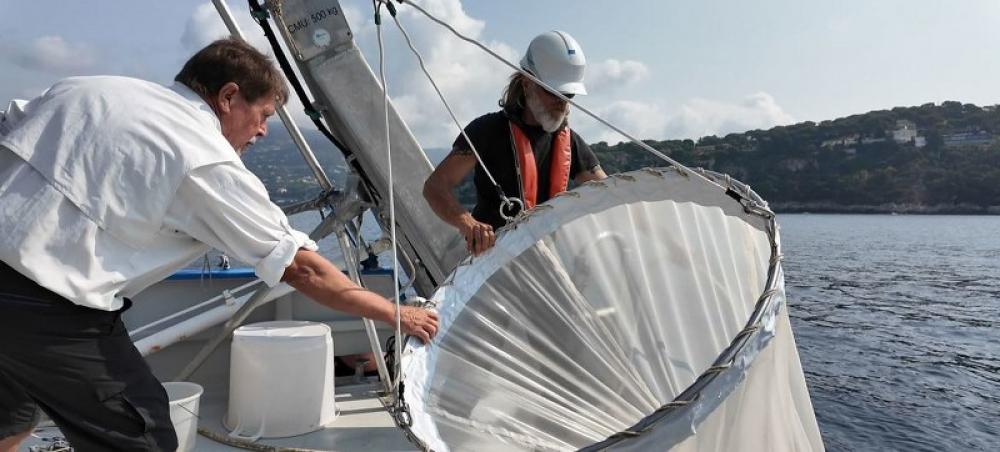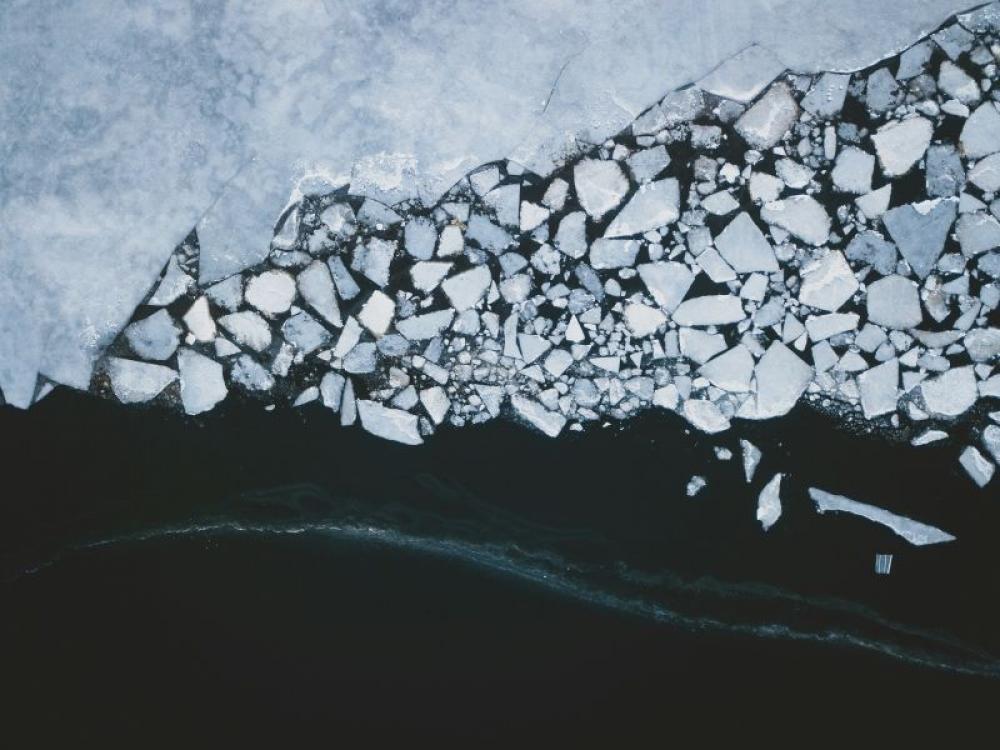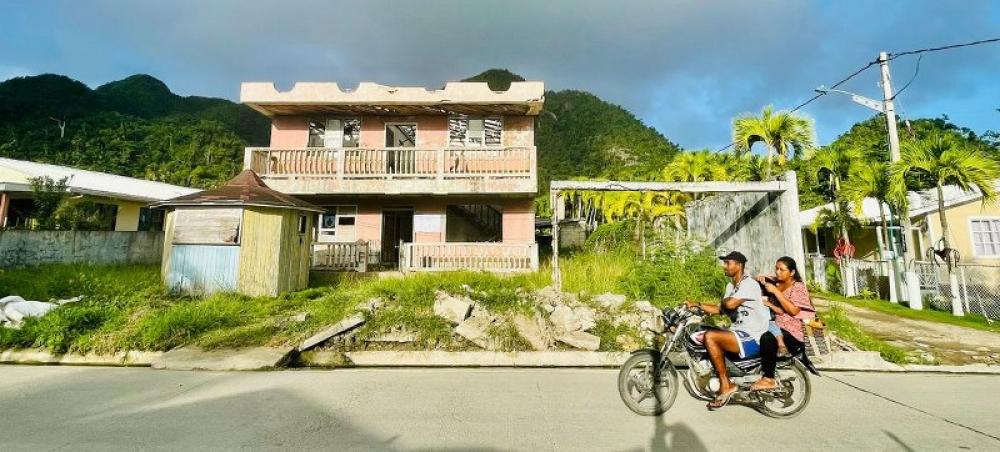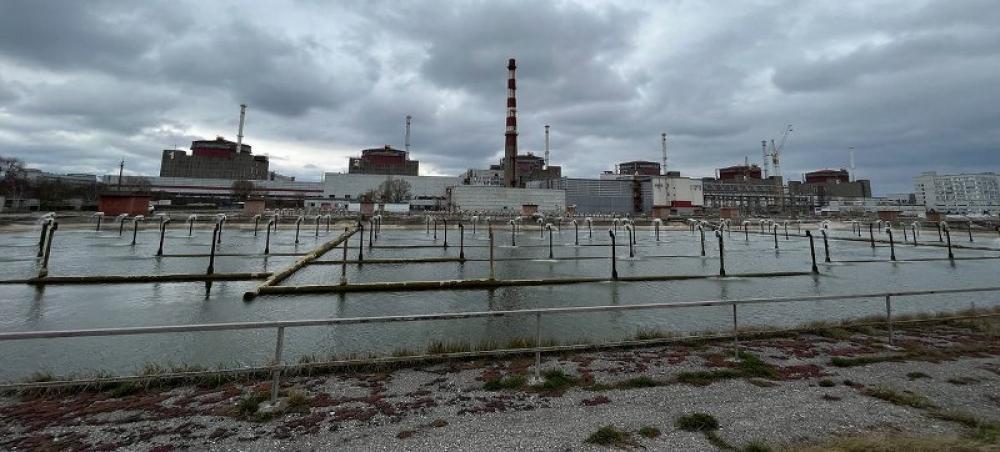In the coastal town of Sasmuan, Philippines, life flows with the river’s tide. At dawn, slender boats glide through calm waters as fishing nets are cast beneath the warming sky.
In April 2024, China broke the average temperature record that month. The following month, it was the same - and then again in August. And September. And November.
Behind closed doors, in a domed conference pavilion steps away from the historic port of Nice, more than 40 ministers gathered on Tuesday to tackle one of the planet’s fastest-growi ...
With the Mediterranean glittering in the background, UN Secretary-General António Guterres opened the Third United Nations Ocean Conference on Monday, delivering a blunt indictment ...
They drift unseen, but everything depends on them. Plankton – the ocean’s lifeblood – regulate the climate, feed the seas, and shape life on Earth. On the French Riviera ...
Efforts to limit the global temperature increase to 1.5°C under the Paris Climate Agreement may not go far enough to save the world’s ice sheets, a new study revealed.
Thousands of people were evacuated after a massive wildfire broke out on the outskirts of Jerusalem in Israel, media reports said on Friday.
Without urgent action, climate change could be linked to one in every ten cases of intimate partner violence by the end of the century.
An earthquake measuring 6.2 on the Richter Scale hit Turkey's Istanbul city, triggering panic and forcing people to flee their apartments on Wednesday.
- Two and a half million tonnes of debris need to be removed in earthquake-hit Myanmar, says UNDP
- Magnitude 5 earthquake hits Pakistan, tremors felt in Jammu and Kashmir
- US: Growing wildfire triggers evacuations in California
- Myanmar-Thailand earthquake: More than 1,600 reported killed, as UN aid operation supports rescue efforts
- Death toll in Myanmar earthquake crosses 1,000


